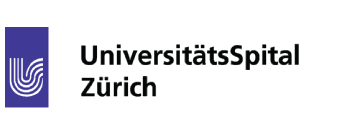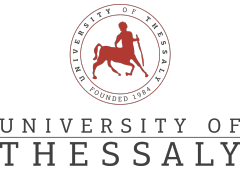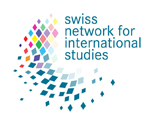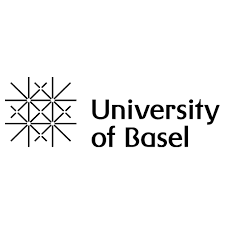Effects of an exercise and sport intervention among refugees living in a Greek refugee camp on mental health, physical fitness, and cardiovascular risk markers: A randomized controlled trial
University of Thessaly: A. Hatzigeorgiadis, Professor
University of Basel, Switzerland - Coordinating Institute
University Hospital Zurich, Switzerland - Partner
University of Thessaly, Greece - Partner
Funding -Swiss Network for International Studies, Switzerland
|
|
 |
|
 |
Summary:
Due to ongoing political and social conflicts, the number of international refugees has been increasing. Refugees are exposed to severe mental and physical strain, as well as traumatic experiences during their flight. As a consequence, the risk of psychiatric disorders is markedly increased among international refugees with particularities based on gender. International organizations have criticized the lack of early interventions as a key problem, because untreated mental disorders are often difficult to cure at a later stage. Today, exercise and sport have been successfully employed to treat a wide range of psychiatric disorders. With PTSD patients, however, very limited empirical evidence exists, and studies carried out with international refugees are nearly non-existent. In 2017, we have implemented a first pilot one-group pre-test/post-test study in a Greek refugee camp, corroborating the potential benefits of exercise and sport on refugees’ mental health and fitness. The proposed study will take place in the Koutsochero refugee camp, located close to the city of Larissa (Greece). The randomized controlled trial will include an exercise and sport intervention group (n=68) and a wait-list control group (n=68). Participants (50% men/women, 16-59 years) will be assessed three times at baseline, immediately post-intervention (after 3 months), and follow-up (after 6 months). In the second year of study, the program will be opened to all camp residents. Exercise and sport will be offered five times per week (60 min/session) for three months. Participants will participate in at least two sessions per week. The program is developed according to the participants’ needs and preferences and they will be able to choose between a range of activities. PTSD symptoms will serve as primary outcome. Several secondary outcomes will be assessed, and the project will identify potential gender issues. A strategy will be developed how the exercise and sport program can be continued after the SNIS funding comes to an end, and how the program can be scaled up beyond the borders of the Koutsochero camp.



